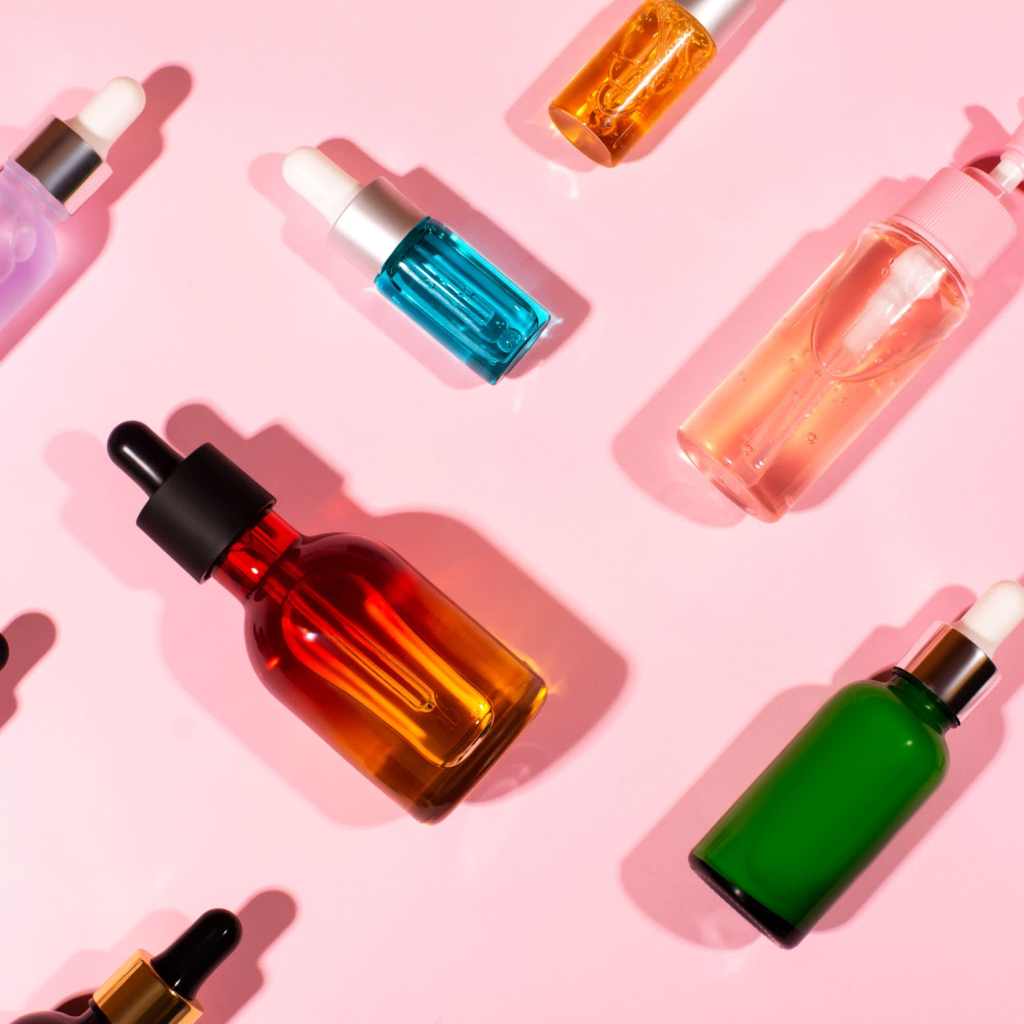It’s a beauty misconception that face serums are just a more expensive form of moisturizer. Yes, the price per ounce is more than your average skin-care product, but that’s because you’re getting more concentrated ingredients (and deeper-penetrating effects). Still, the question remains: what exactly is a serum, and is adding one to your skincare routine really worth the extra step?
First, think of a serum like a treatment; it’s your go-to product to improve the overall look of your complexion. The elixir’s active ingredient can bring antioxidants to the skin, restore cell growth, or help decrease pore size. But the one thing a serum doesn’t do, typically, is moisturize the skin.
“Moisturizers have a base that allows them to stay on the surface to moisturize the outer portion of the skin, but a serum has a lipid-soluble base that allows the active ingredient to actually penetrate into the epidermis,” said Lawrence Samuels, MD, chief of dermatology at St. Luke’s Hospital and founder of the Rx Systems PF skin-care line.
Then, there’s the tricky part: finding the right formula for your specific skin type. “If you have acne-prone skin, the two most significant ingredients would be an L-ascorbic acid [which is true vitamin C] and retinol,” Dr. Samuels said. “They’re both antioxidants that improve the cell growth in the outer layer of skin.” If you have normal skin, look for alpha lipoic and glycolic acids in the serum ingredient list.
To apply it, use about a pea-sized amount of serum for the face and neck, applying the product about two minutes after your cleanser (not on wet skin). “Hydrated cells allow the active ingredient to penetrate better than dried cells,” Dr. Samuels says. Then, wait another three to five minutes before applying your moisturizer. “Moisturizers help restore the keratin protein back to the skin, so they generally have a higher pH,” he said. “If you put on your serum then immediately put on your moisturizer, it can somewhat decrease the effectiveness of your serum.”
Also, it’s important to use face serums primarily at night, because UV rays and oxygen can cause them to oxidize – another reason to make sure you always keep a tight lid on your products.

